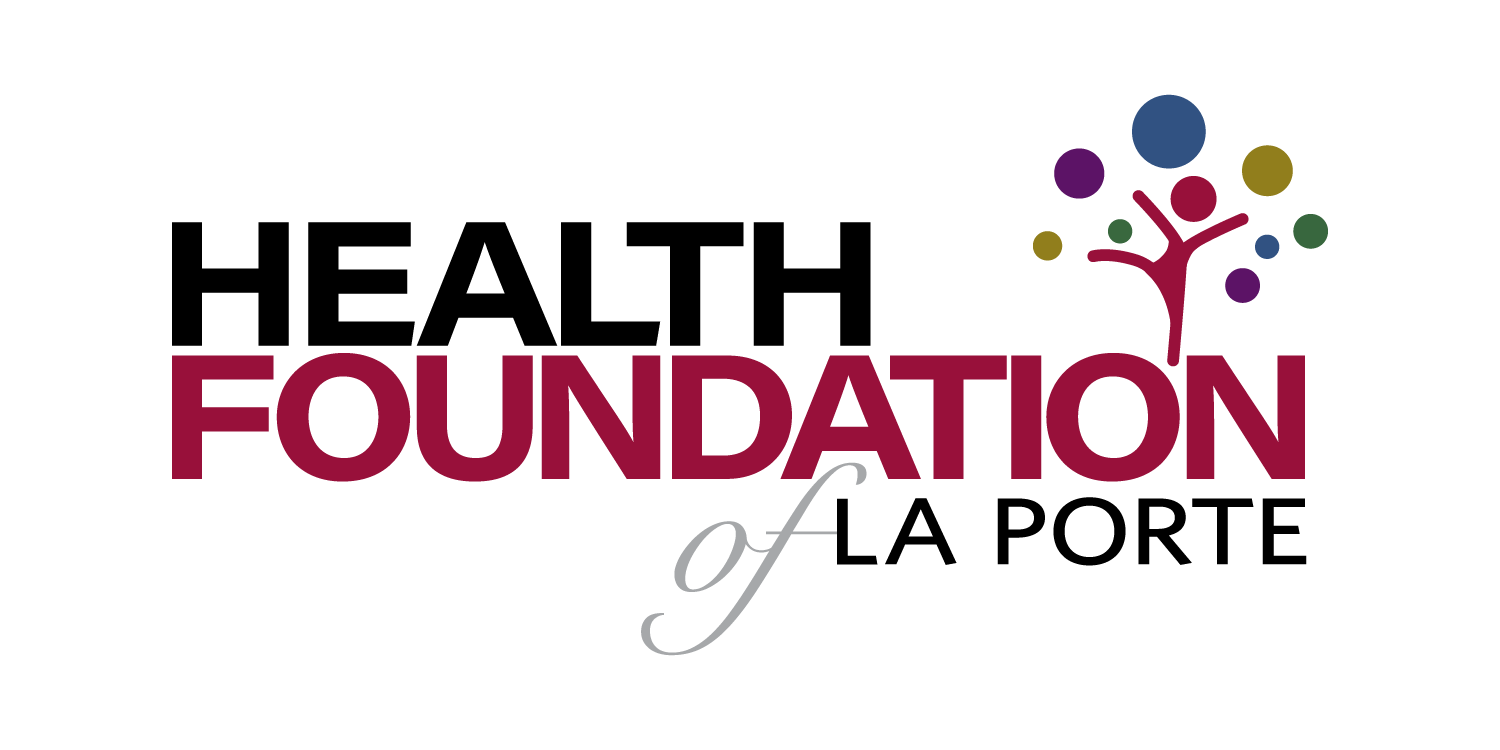Promising Practices
The Promising Practices database informs professionals and community members about documented approaches to improving community health and quality of life.
The ultimate goal is to support the systematic adoption, implementation, and evaluation of successful programs, practices, and policy changes. The database provides carefully reviewed, documented, and ranked practices that range from good ideas to evidence-based practices.
Learn more about the ranking methodology.
Filed under Evidence-Based Practice, Community / Public Safety, Older Adults
Goal: The Pennsylvania Department of Aging offers this fall risk screening and prevention program to adults 50 years of age and older. The program is designed to raise awareness of falls, introduce steps on how to reduce falls, improve overall health, and provide referrals and resources.
Filed under Evidence-Based Practice, Health / Heart Disease & Stroke
Impact: The Community Preventive Services Task Force (CPSTF) recommends tailored pharmacy-based adherence interventions for cardiovascular disease prevention. Evidence shows interventions delivered by pharmacists in community and health system pharmacies increased the proportion of patients who reported taking medications as prescribed. The CPSTF also finds these interventions are cost-effective for cardiovascular disease prevention.
Filed under Good Idea, Health / Children's Health, Children, Teens, Adults, Women, Men, Older Adults, Families, Racial/Ethnic Minorities
Goal: The mission of the Help Me Grow National Center is to enable and support the building of HMG systems across the country so that states can implement effective, universal, early surveillance and screening for all children and link those at risk for developmental and behavioral problems to appropriate programs and services.
HMG National supports affiliate states by:
Promoting development and expansion of a national network of states that are building HMG systems
Providing technical assistance to help states implement the core components and structural requirements of HMG
Informing the public discourse on the crucial importance of optimal child development
Ultimately, HMG National's goal is for all families to have knowledge of and easy access to statewide systems that support them in learning about their children's developmental needs and finding appropriate services.
Filed under Good Idea, Health / Immunizations & Infectious Diseases, Racial/Ethnic Minorities
Goal: The goal of Hep Free Hawai'i is to offer hepatitis vaccinations, encourage Hawaiians to learn of their hepatitis status through testing, and connect individuals with hepatitis or liver disease to medical resources and support groups.
Filed under Good Idea, Education / Student Performance K-12, Children, Teens, Families, Racial/Ethnic Minorities, Urban
Goal: The mission of HAP is to assist middle school students in underserved areas with improving their grades, school attendance, test scores, and access to learning opportunities, leading to admission into top high schools in the Washington, DC area.
Filed under Evidence-Based Practice, Health / Children's Health, Children, Racial/Ethnic Minorities
Goal: The goal of Hip-Hop to Health Jr is to reduce gains in BMI in preschool minority children.
Filed under Evidence-Based Practice, Health / Immunizations & Infectious Diseases, Adults
Goal: HIV Big Deal seeks to promote safer sex practices among men who have sex with men via internet-based video drama.
Filed under Good Idea, Economy / Housing & Homes
Goal: The goal of this experiment is to estimate the effects of New York’s plan for supportive housing for high-need, high-cost Medicaid recipients.
Impact: Placing people who are homeless in supportive affordable housing paired with supportive services such as on-site case management and referrals to community-based services can lead to improved health, reduced hospital use, and decreased health care costs.
Huesos Fuertes, Familia Saludable (Strong Bones, Healthy Family): California Bone Health Campaign (California)
Filed under Evidence-Based Practice, Health / Physical Activity, Children, Women, Families, Racial/Ethnic Minorities
Goal: The goal of the CBHC is to increase the consumption of 1% (low-fat) milk in order to prevent osteoporosis among low-income Latino mothers.
Filed under Evidence-Based Practice, Health / Mental Health & Mental Disorders, Children
Goal: The goal of this program is to teach children effective problem-solving skills.
Impact: Studies demonstrated that ICPS participants scored better than the control group on impulsiveness, inhibition, and total behavior problems; showed fewer high-risk behaviors than never-trained controls; showed improvement in positive, prosocial behaviors and decreases in antisocial behaviors; and performed better on standardized achievement tests.

